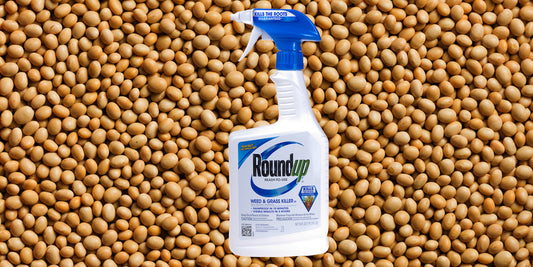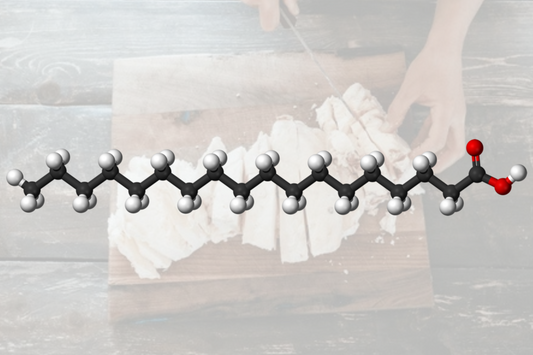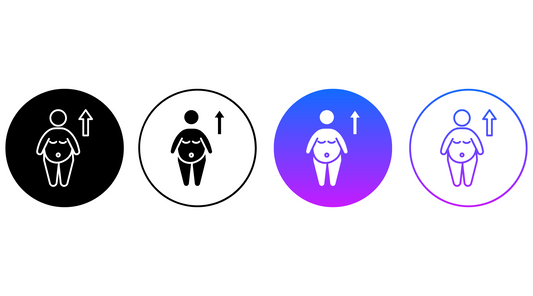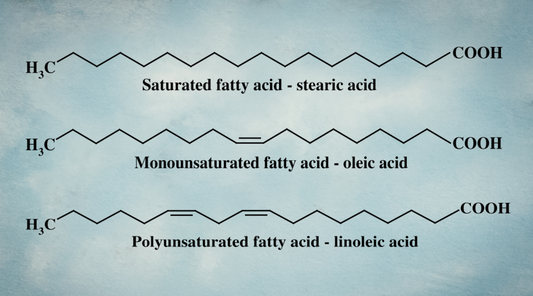
The Myth of Heart-Healthy PUFAs: Cholesterol, Chronic Disease, and What We’re Getting Wrong About Fat
For decades, major health organizations have pushed the narrative that polyunsaturated fats (PUFAs) are “heart-healthy” while saturated fats are harmful. But mounting research—and two striking global paradoxes—challenge this long-standing belief.
First, consider the French Paradox: despite a diet rich in butter, cheese, and other animal fats, France maintains one of the lowest rates of heart disease.
On the flip side, there’s the Israeli Paradox: Israel has a diet low in saturated fat but high in PUFAs (especially omega-6 oils), yet faces high rates of obesity, cardiovascular disease, and diabetes.
So what’s really going on here?
The so-called “war on saturated fat” has been incredibly profitable for the pharmaceutical industry. In 2023 alone, the global statin market was worth an estimated $15.39 billion. But the statin model only works if people continue to believe that lowering cholesterol is the key to better health. And conveniently, PUFAs lower cholesterol—which is why health authorities remain so invested in promoting them, even as chronic disease rates continue to rise.
But let’s zoom out: if reducing saturated fat and increasing PUFA intake was truly the answer, why isn’t it working?Why are metabolic disease and obesity more widespread than ever?
Watch Instagram Reel or YouTube short.
The truth is, the focus on saturated fat has distracted us from the real drivers of poor health: inflammation, oxidative stress, and metabolic dysfunction. PUFAs are highly unstable fats that oxidize easily in the body, contributing to these issues—while traditional saturated fats like butter and tallow, which our ancestors consumed for generations, are far more stable and less inflammatory.




















































